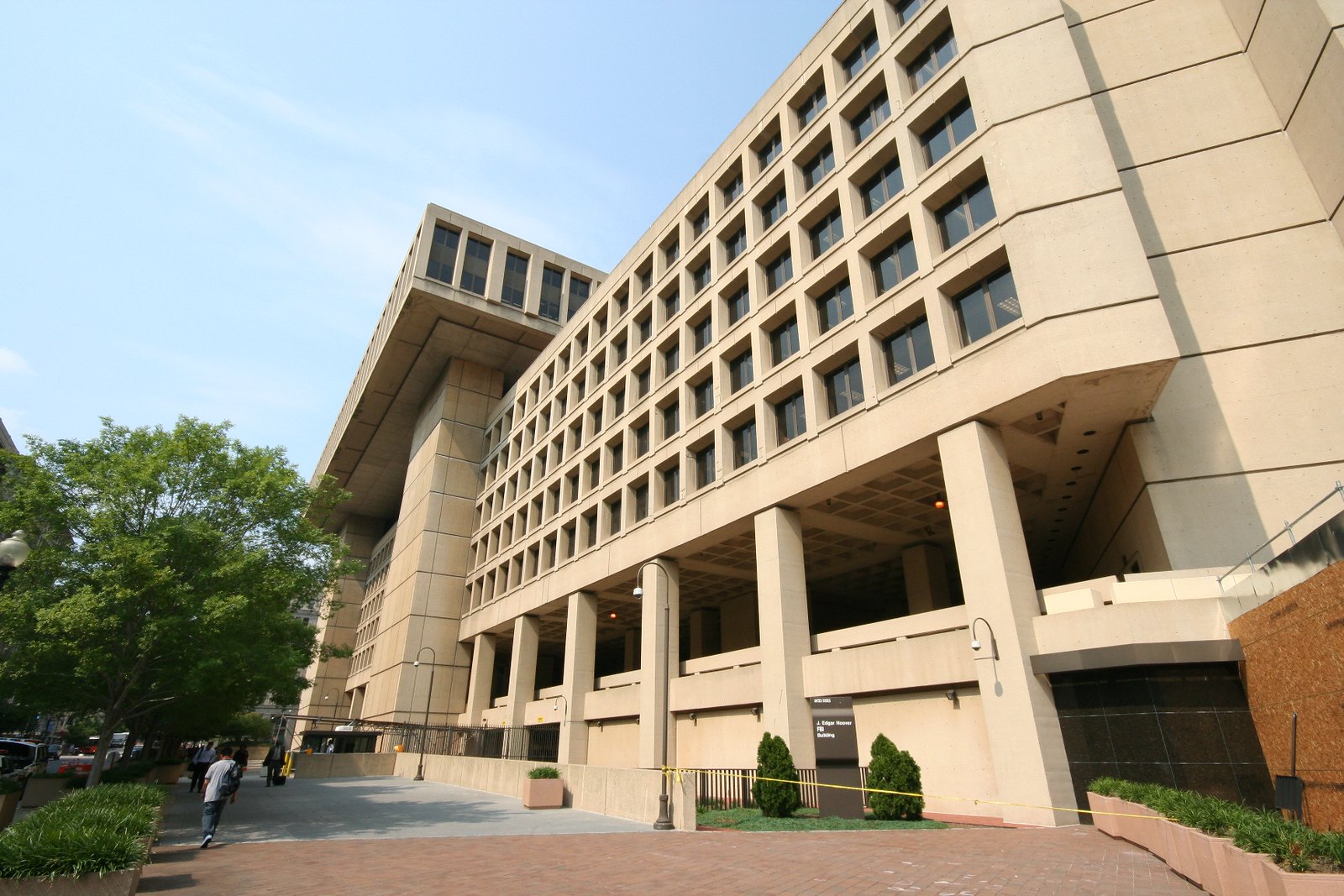George H.W. Bush's National Security Team: A Study in Statecraft
The obituaries of President George H.W. Bush have appropriately focused on his foreign policy successes, especially his deft diplomatic handling of the collapse of the Soviet Union and the reunification of Germany as well as his firm but ultimately restrained response to Saddam’s invasion of Kuwait. One reason for his success is that he entered office with more foreign policy experience than any other president, having served not only as vice president for eight years but also previously as director of central intelligence, ambassador to the United Nations and as envoy to China.
Published by The Lawfare Institute
in Cooperation With

The obituaries of President George H.W. Bush have appropriately focused on his foreign policy successes, especially his deft diplomatic handling of the collapse of the Soviet Union and the reunification of Germany as well as his firm but ultimately restrained response to Saddam’s invasion of Kuwait. One reason for his success is that he entered office with more foreign policy experience than any other president, having served not only as vice president for eight years but also previously as director of central intelligence, ambassador to the United Nations and as envoy to China. Bush personally enjoyed the affection, respect and trust of his counterparts. But he also selected and was advised by perhaps the strongest and most stable national security team in American history, led by National Security Advisor Brent Scowcroft and Secretary of State James Baker. President George W. Bush tapped many of the stars of his father’s team when he staffed his own administration.
General Scowcroft, often cited as the model “honest broker,” had previously served as deputy national security advisor and then national security advisor under President Gerald Ford. Bush and Scowcroft chose Robert Gates as deputy national security advisor; Gates, who had previously served as deputy director and acting director of central intelligence and had spent five years on the National Security Council (NSC) staff under Presidents Nixon, Ford and Carter, was a highly disciplined manager of NSC processes who ensured that differing views were fairly presented to the president for decision.
One of the busiest NSC offices under President H.W. Bush was the European directorate, which was responsible for helping the president set U.S. policy and manage relations with European leaders during the collapse of the Soviet Union, end of the Cold War and reunification of Germany. Headed by Robert Blackwill, a career foreign service officer, the directorate included Condoleezza Rice, Nicholas Burns, Philip Zelikow and Barry Lowenkron, among others. (Rice and Zelikow later co-authored a book about the Bush Administration’s handling of the end of the Cold War entitled “Germany Unified and Europe Transformed: A Study in Statecraft.” Indeed, the Bush 41 Administration’s entire four years might be summarized by the sub-title of their book.) When Rice later became secretary of state in 2005, she recruited all of these former colleagues to senior positions in the State Department.
Bush’s NSC staff included many other experienced national security officials who rose later to even greater prominence. Bill Burns and then Richard Haass served as special assistant to the president and senior director for the Near East, during the momentous first Gulf War and aftermath. Michael Hayden served as an NSC Director for Defense and Arms Control. Later, in the Bush 43 Administration, Burns served as ambassador to Russia and then under secretary of state for political affairs; Haass served as director of the policy planning staff; and Hayden as director of the CIA.
Serving with Secretary Baker at the State Department were Bob Kimmitt as under secretary of state for political affairs and Robert Zoellick as counselor and executive assistant to the secretary. Zoellick also served as head of the U.S. delegation for the “Two Plus Four Talks” that led to the reunification of Germany. After German reunification, Kimmitt was appointed ambassador to Germany. As is well known, Kimmitt later served as deputy secretary of the Treasury and Zoellick as trade representative and deputy secretary of state in the Bush 43 administration.
At the Department of Defense, a then less-hawkish Dick Cheney served as secretary (presiding over an overall decrease in the U.S. defense budget), with General Colin Powell (who had served as Ronald Reagan’s national security advisor) as chairman of the Joint Chiefs.
At the Central Intelligence Agency, President Bush asked Judge William Webster, who had been appointed director of central intelligence in 1987, to stay on in that role; Webster remained until 1991. (Bush had been annoyed to have been ousted as director of central intelligence by President Jimmy Carter, the first time a sitting director had been replaced by a new president.) I was fortunate to serve as special assistant to Judge Webster from 1988-1991, during which period I had a front-row seat to President Bush’s and his team’s steady handling of the many global challenges facing the United States, including the end of the Cold War, the first Gulf War and the invasion of Panama. During his presidency, President Bush made regular visits to CIA Headquarters, where he was held in high esteem as a former director of central intelligence and avid consumer of intelligence. I have a photograph of President Bush shaking my hand in the director’s office, which he later signed and wished me “good luck” in my career.
As we look back on the legacy of President George H. W. Bush, we must hope that the next president will have more of his integrity, humility, decency, steadiness, caution and commitment to country over self and will be able to assemble a national security team that rivals that of the Bush 41 administration.





